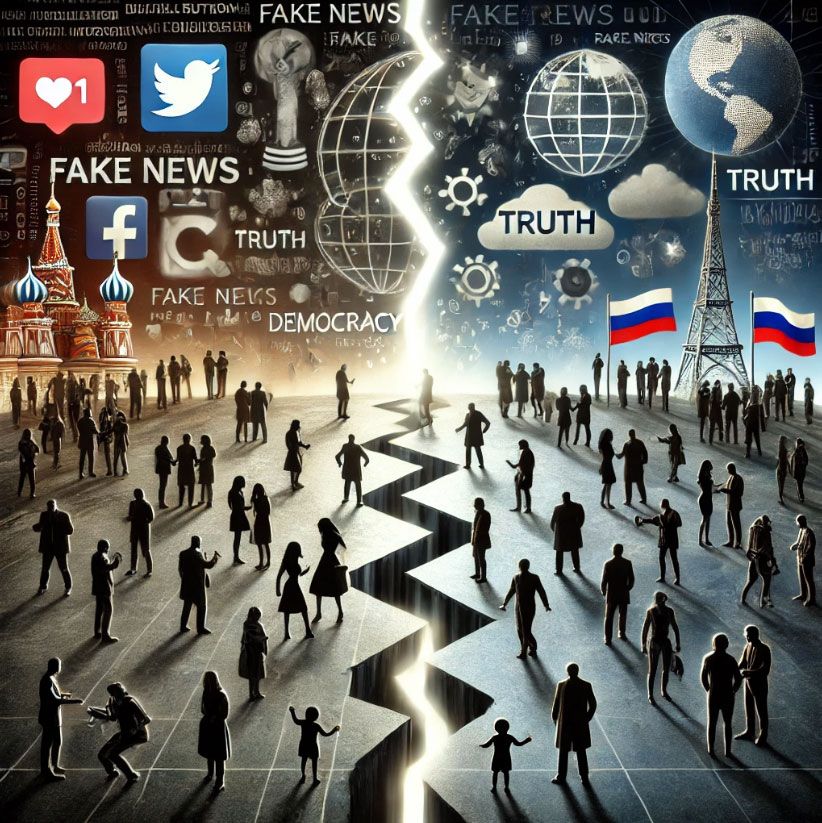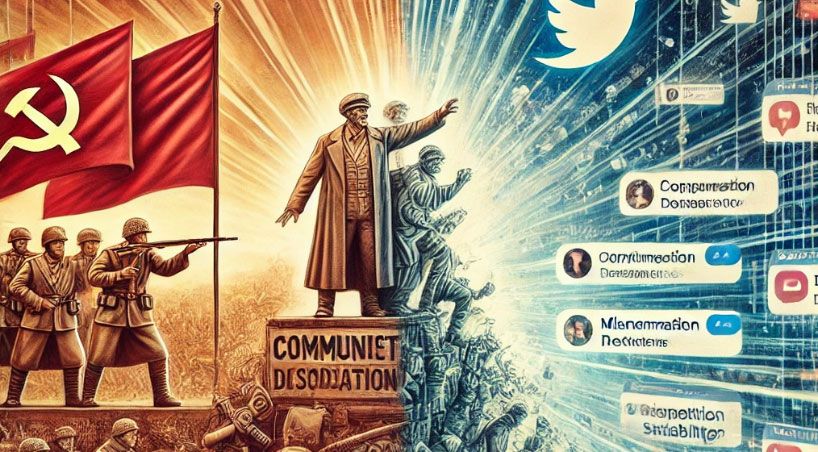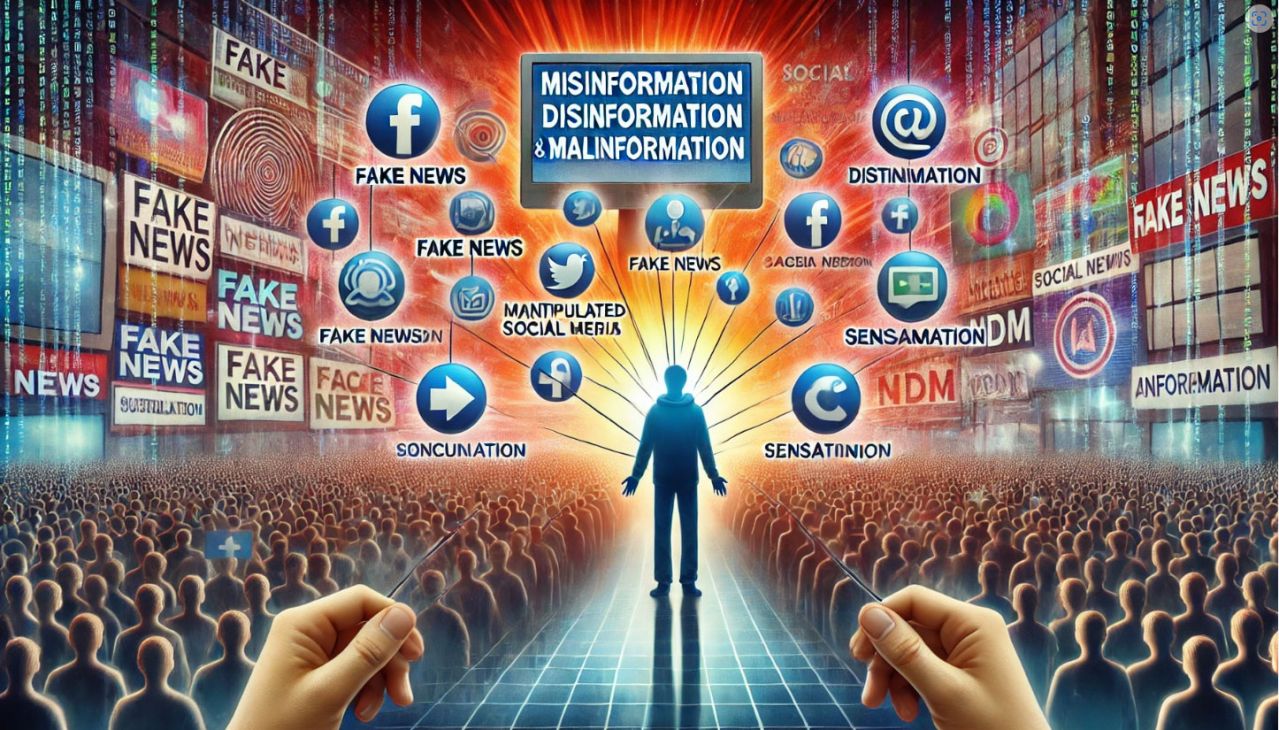A recent study analyzing over 32 million tweets from politicians in 26 countries reveals a critical answer: radical-right populist politicians are the biggest drivers of misinformation online (Study Source).
The Key Findings
- Radical-Right Populists Lead in Spreading False Information: The study found that politicians from radical-right populist parties are far more likely to share misinformation than any other political group (Bennett & Livingston, 2018).
- Populism Alone Isn’t the Problem: Populist politicians on the left don’t engage in misinformation the same way. It’s specifically the combination of right-wing ideology and populism that drives the spread of false information (Hameleers, 2020).
- Manipulation of Social Media: Radical-right politicians use platforms like Twitter (now X) to bypass traditional media and push misleading or false content directly to the public (Vosoughi et al., 2018).
- Targeting Trust: These politicians exploit declining trust in media and democratic institutions to make misinformation more believable and harder to combat (Zimmermann & Kohring, 2020).
Real-World Examples
- During the COVID-19 pandemic, some radical-right leaders downplayed the virus and spread false information, endangering public health.
- Claims of election fraud, often pushed by radical-right politicians, led to widespread distrust in democratic processes.
Why This Matters to You
- Your Opinions Could Be Manipulated: When politicians share misleading or false information, it can distort how you understand important issues like elections, public health, and social policies. Learn how to spot misinformation here.
- Misinformation Threatens Democracy: A well-informed public is essential for democracy. When misinformation spreads, it undermines trust in elections, government institutions, and even your local community leaders (Benkler et al., 2018).
- Social Media Makes It Worse: Platforms reward sensational and emotional content. Radical-right politicians exploit this by sharing shocking or false stories to grab attention and gain political support (Törnberg, 2018).
How It Affects Your Daily Life
- Polarized Communities: You might notice more arguments and divisions in your social circles. Misinformation is designed to create fear, anger, and distrust, pulling communities apart (Guess et al., 2019).
- Voting Based on Lies: If misinformation influences public opinion, it can lead to policies and leaders being chosen based on falsehoods rather than facts (SSRS, 2023).
- Increased Anxiety and Fear: Constant exposure to alarming but false information can make you feel more anxious and distrustful of others (Wagner & Boczkowski, 2019).
Quick Fact-Checking Guide
- Pause: Don’t share immediately—take a moment to think.
- Check: Look for credible sources or fact-checking sites like Snopes and FactCheck.org.
- Think: Ask yourself why this information was shared and who benefits from it.
What You Can Do About It
- Diversify Your News Sources: Follow trustworthy news outlets from different perspectives to get a fuller picture. Consider sources like BBC News and Reuters.
- Call Out Misinformation: Politely correct false information when you see it—whether it’s from friends, family, or public figures. Learn how to engage effectively here.
- Support Media Literacy: Encourage schools and communities to teach critical thinking and media literacy skills. Resources are available at Media Literacy Now.
- Share This Article: Help others stay informed by sharing this article and spreading awareness.
The Bottom Line
Misinformation isn't just an abstract problem—it’s a deliberate strategy used by radical-right politicians to manipulate public opinion and destabilize democracy.
By understanding how and why this happens, you can protect yourself and others from falling for false narratives.
Stay informed, think critically, and help stop the spread of misinformation.
Your voice matters. Let's use it to fight back against misinformation.
Do you think fighting against propaganda is a worthwhile effort?
Do you believe we can plant the seeds of a grassroots worldwide effort and do something about it?
Does it even matter?
Support our efforts:
Get a two bucks membership here: https://buymeacoffee.com/nafoforum
Support our on-going fundraiser here: https://www.gofundme.com/f/support-disinformation-education-public-education-forum
We have a Patreon - still in construction - here: https://www.patreon.com/c/PublicEducationForum
When all else fails - get a shirt here: https://www.bonfire.com/store/nafo-forum-shop/














